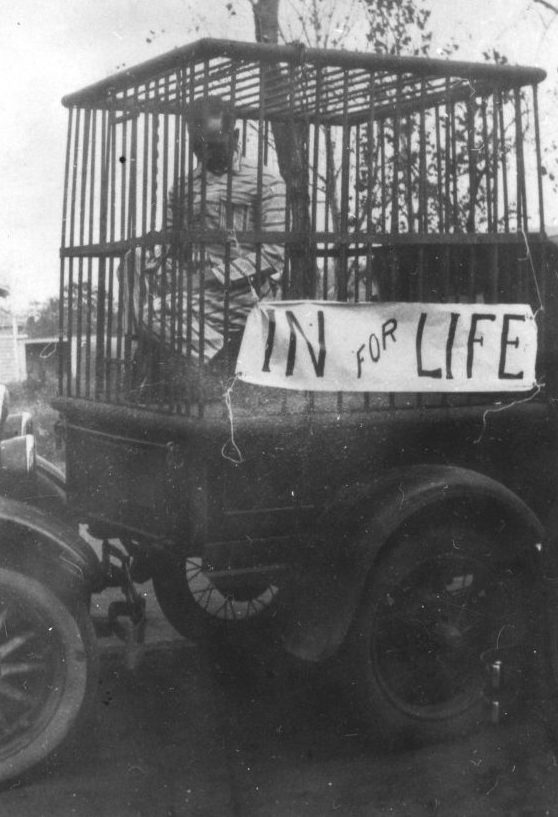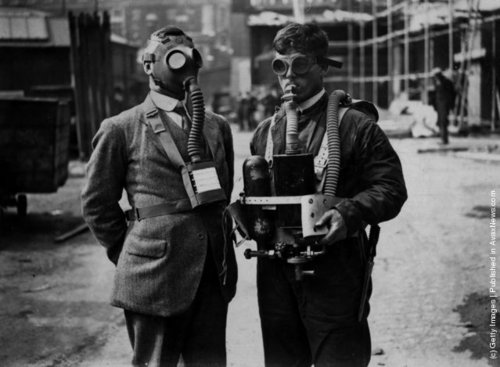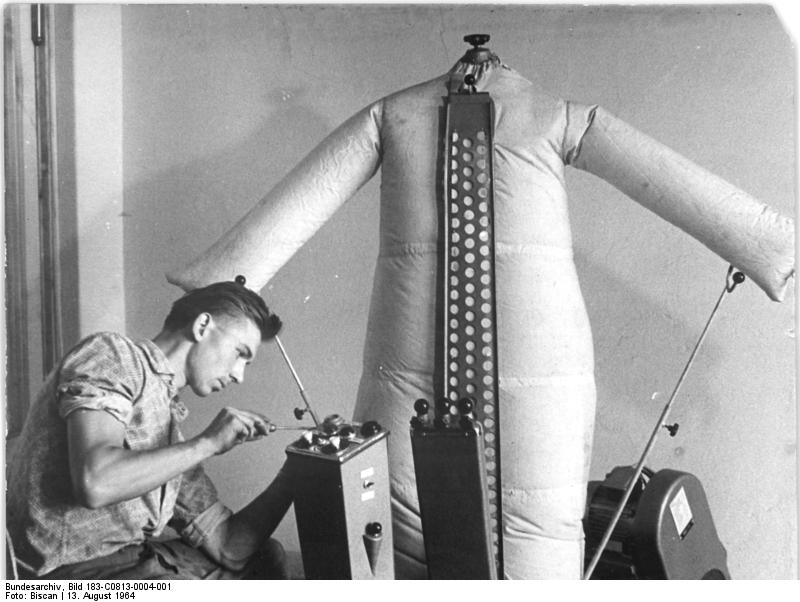Despite the god-awful results of the recent American Presidential election, nightmares rarely play out, thankfully, but conjuring worst-case scenarios can speak truth to very justifiable fears.
Those who bought into the Trumpian nostalgia for a more alabaster America delivered the country to a cohort of profiteers, polluters and plutocrats that will leave the nation bleeding from the wherever. The Simon Cowell-ish strongman’s biggest supporters, older and whiter and working-class, will be hurt as badly as anyone with the Affordable Care Act, Medicare and Social Security resting in the hands of the merciless. Labor unions will also be attacked relentlessly and climate change ignored, further endangering this demographic, which already has little shelter from the storm.
With the selection of Tom Price as Health and Human Services Secretary, a war will also be waged on the poor. As Politico states: “Price wants to limit federal Medicaid spending to give states a lump sum, or block grant, and more control over how they could use it — a dream of conservative Republicans for years and a nightmare for advocates for the poor who fear many would lose coverage.” There is basis for grave concern.
Peter Frase’s newly published book, Four Futures: Life After Capitalism, looks at the potential paths ahead should automation obviate too many jobs. Such a revolution in production could be boon or bane and probably will ultimately reside somewhere in between, but in the author’s most dire prediction, a post-apocalyptic explosion of wealth inequality emerges, with some obscenely rich and the rest meat for crows. Tomorrow probably won’t work out that horribly, but the hard-right shift we’re likely to now endure makes it frighteningly easy to visualize.
From Ben Tarnoff at the Guardian:
There are far worse things than boredom, however. Frase’s fourth and final future, “exterminism,” is truly terrifying. Exterminism has the robots and scarcity of socialism, minus the egalitarianism. The result is a neo-feudal nightmare: the rich retreat to heavily fortified enclaves where the robots do all the work, and everyone else is trapped outside in the hot, soggy hell of a rapidly warming planet. “The great danger posed by the automation of production, in the context of a world of hierarchy and scarce resources,” Frase says, “is that it makes the great mass of people superfluous from the standpoint of the ruling elite.” The elite can always warehouse this surplus humanity in prisons and refugee camps. But at a certain point, the rich might find it more convenient to simply exterminate the poor altogether, now that they’re no longer needed as workers.
It is a testament both to Frase’s ability as a writer and the barbarism of our present moment that exterminism feels like the most realistic of his futures. I lost sleep over it. Yet he is careful to counsel his readers against despair.•



